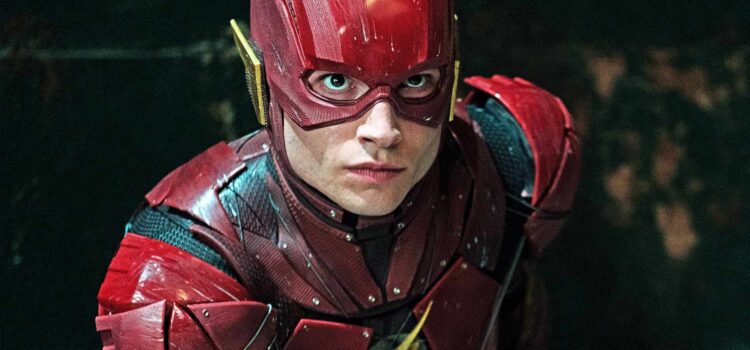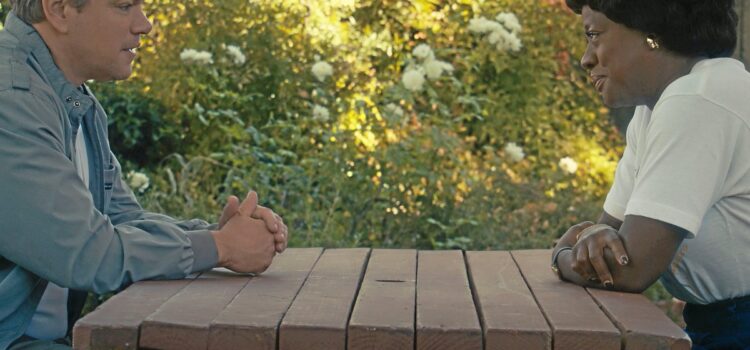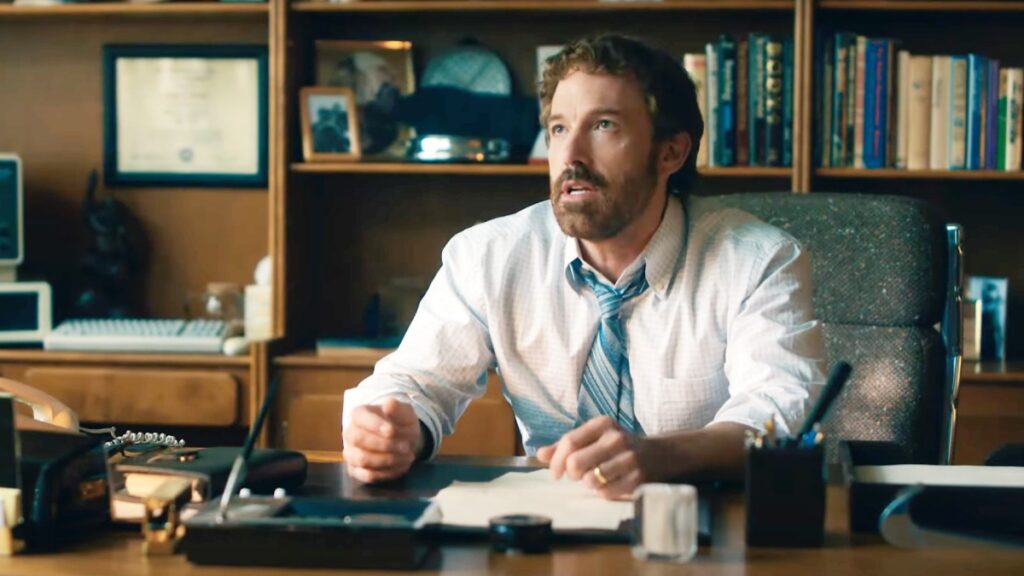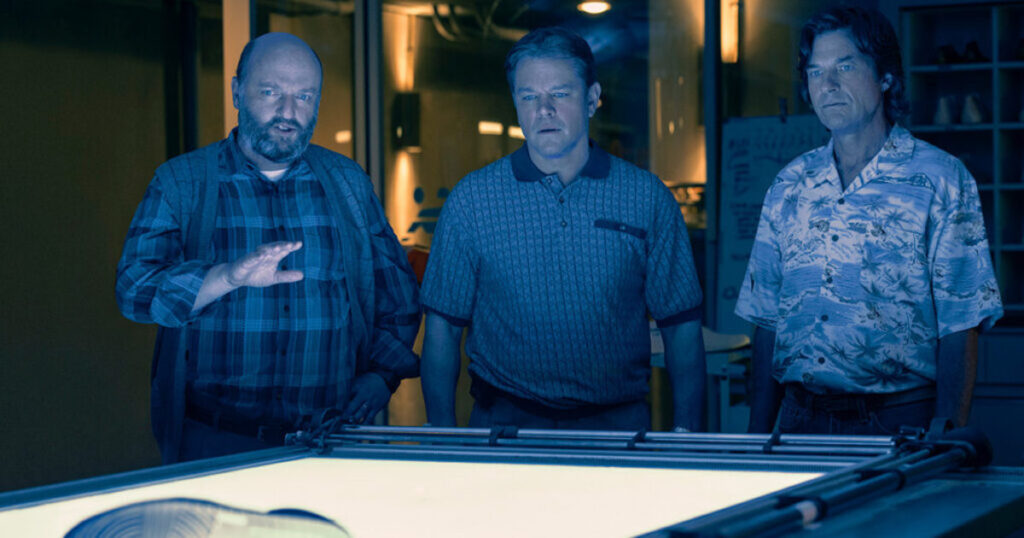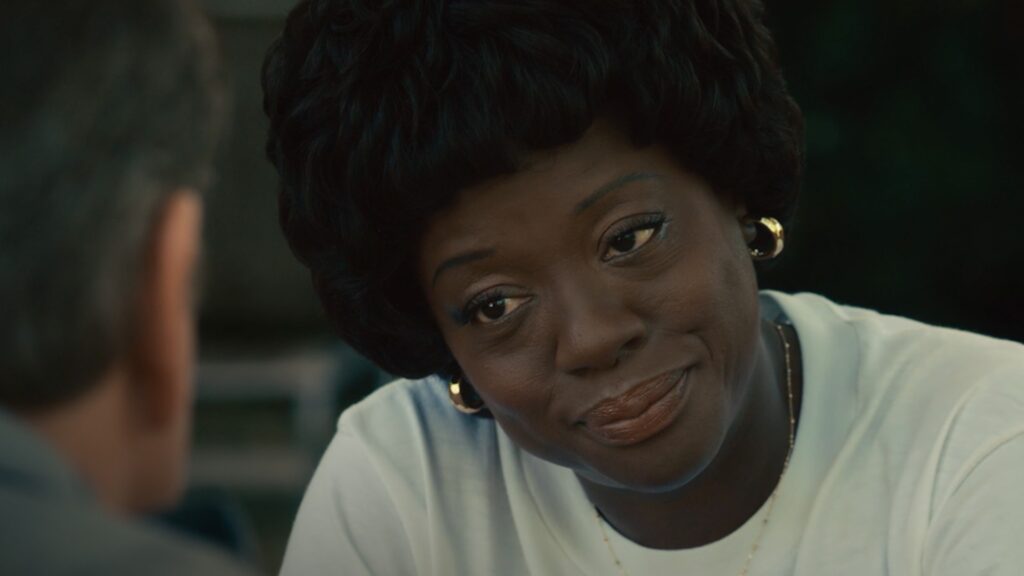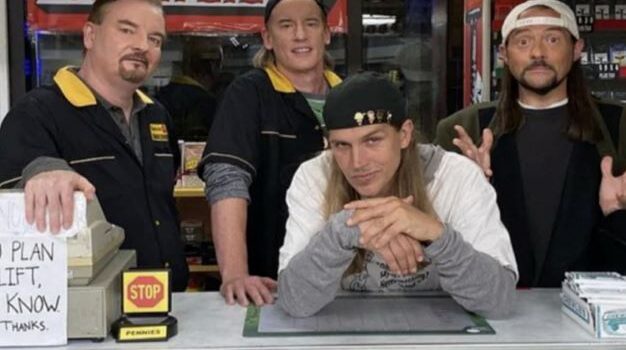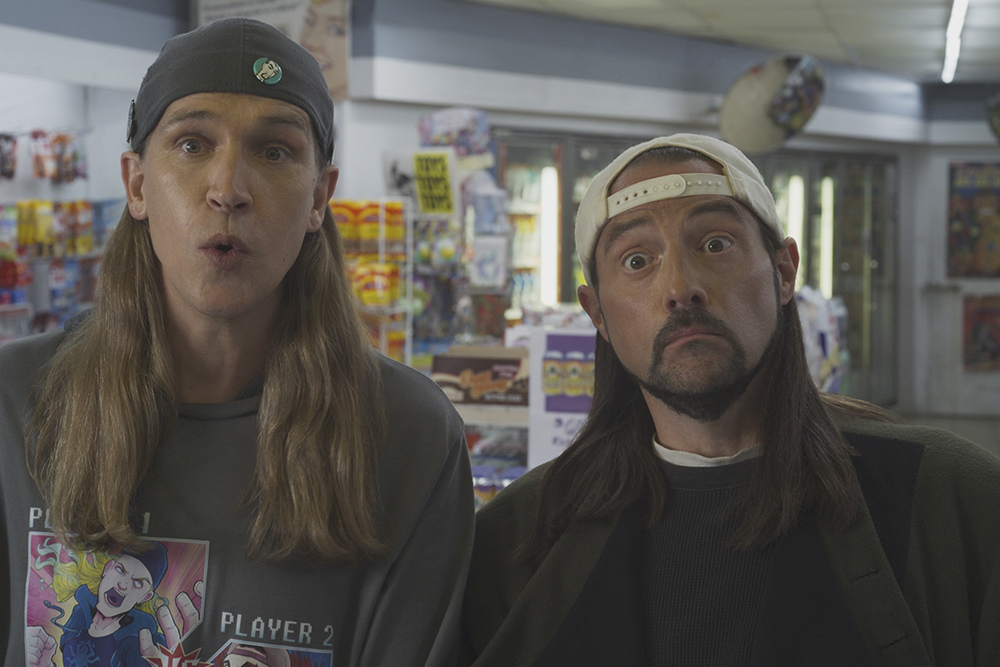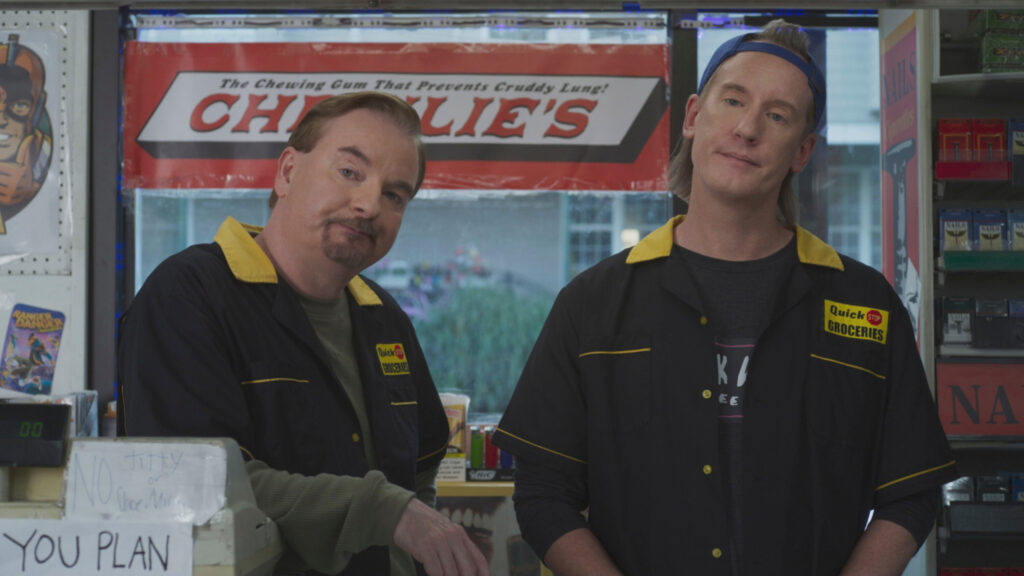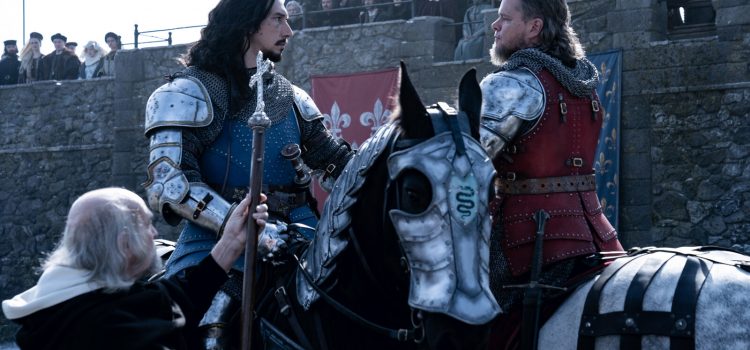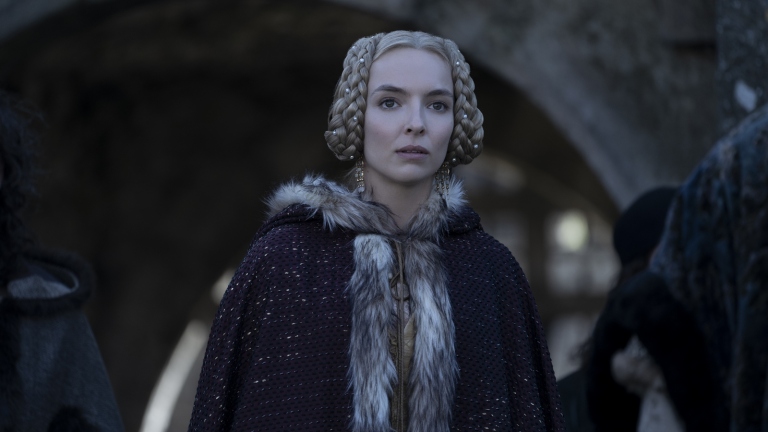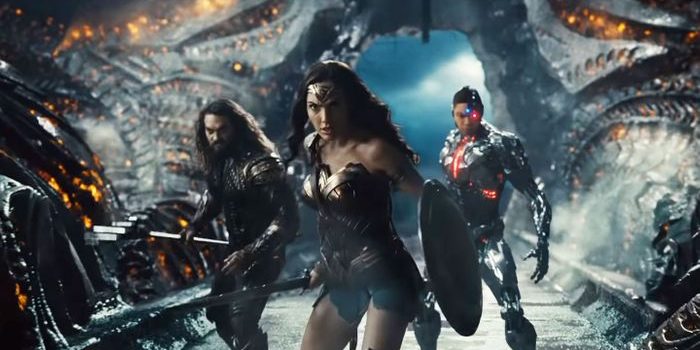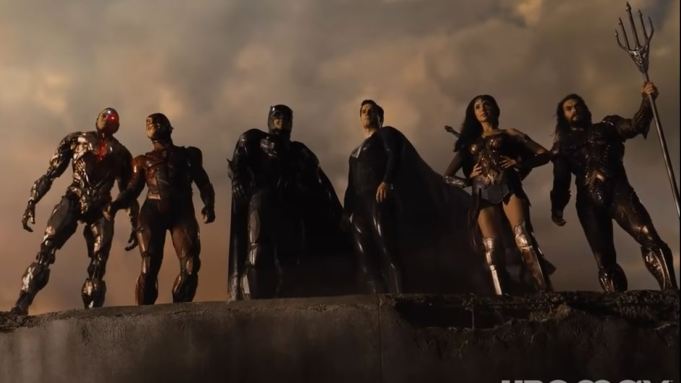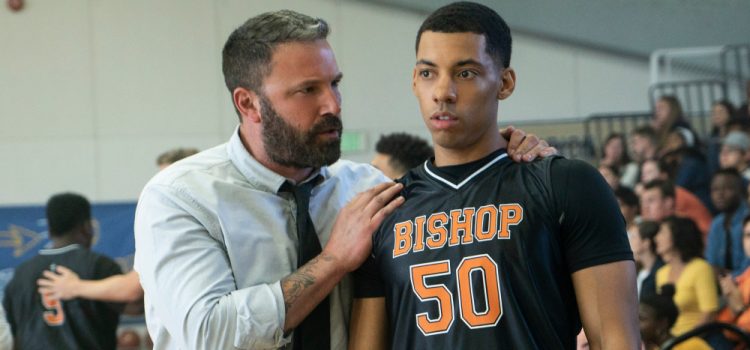By Lynn Venhaus
Worlds collide in a standard superhero spectacle involving the multiverse and time travel. But “The Flash” film wisely capitalizes on personalities, thus the intrigue builds in smart cameos, bounteous Easter eggs, and captivating performances both sentimental and sassy.
As DC Comics Universe superhero “The Flash,” Barry Allen (Ezra Miller) uses his super speed to change the past, but his attempt to save his family creates a world without superheroes, forcing him to rally help to save the future.
For someone whose childhood introduction to Batman was Adam West (1966-68) and Superman was George Reeves (1952-58) in the first television series of those classic comic book characters, “The Flash” feels both familiar and fresh in its use of Justice League mythology.
Flash’s first DC Comics was in 1940, and the Scarlet Speedster has smoothly transitioned to a number of film and TV series. Barry Allen’s superpower is superspeed, which occurred when he was struck by a bolt of lightning in a lab, resulting in a chemical bath.
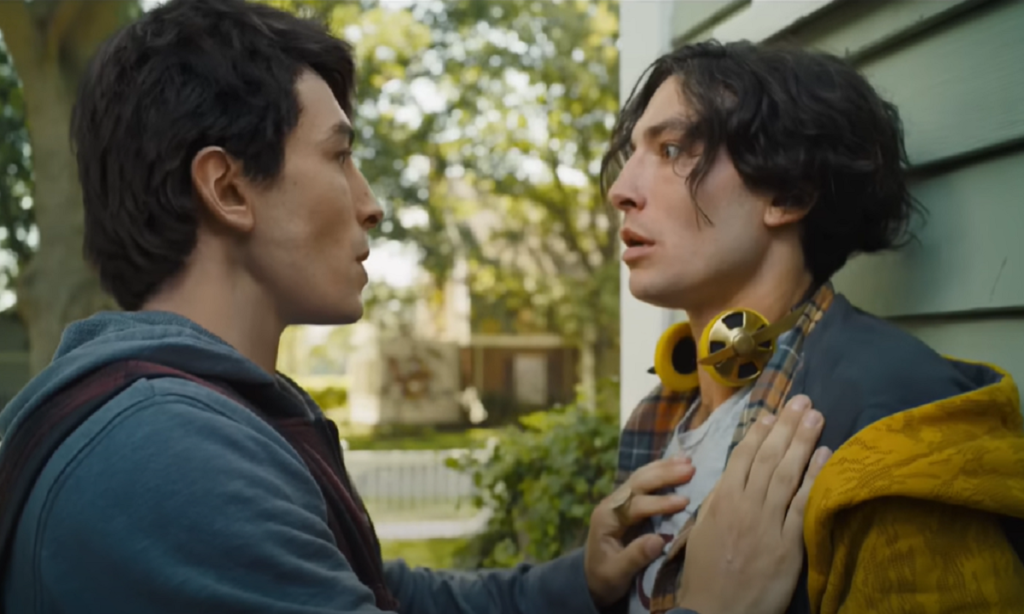
In the latest franchise reinvention, Ezra Miller first appeared in “Batman v Superman: Dawn of Justice” in 2016, and subsequently in “Suicide Squad: (2016), “Justice League” (2017) and “Zack Snyder’s Justice League” (2021).
In this stand-alone, their portrayal is actually spot-on, deftly depicting the nerdy, annoying, hyperactive young guy trying to come to grips with his abilities – his insatiable appetite is a running gag – and the responsibilities of coming to the rescue. They easily transition from snarky encounters to poignant interactions with his mother before her death, and his concern for his father in jail for her murder.
The elephant in the room is that Miller, 30, has made headlines for being arrested and charged with crimes, and later, sought professional help for mental health issues. Warner Brothers and the DC powers-at-be stuck with them for the role.
As an interesting artist, they made a mark as insecure outcast Credence Barebone (Aurelius Dumbledore) in the “Fantastic Beasts” movie trilogy, and their haunting breakthrough role was in 2011 as the evil Kevin in “We Need to Talk About Kevin,” following up that critical acclaim as Patrick in “The Perks of Being a Wallflower.”
As The Flash, they are spry in scenes with superheroes and villains alike but tugs at the heartstrings in the family flashbacks to give the film some emotional depth.
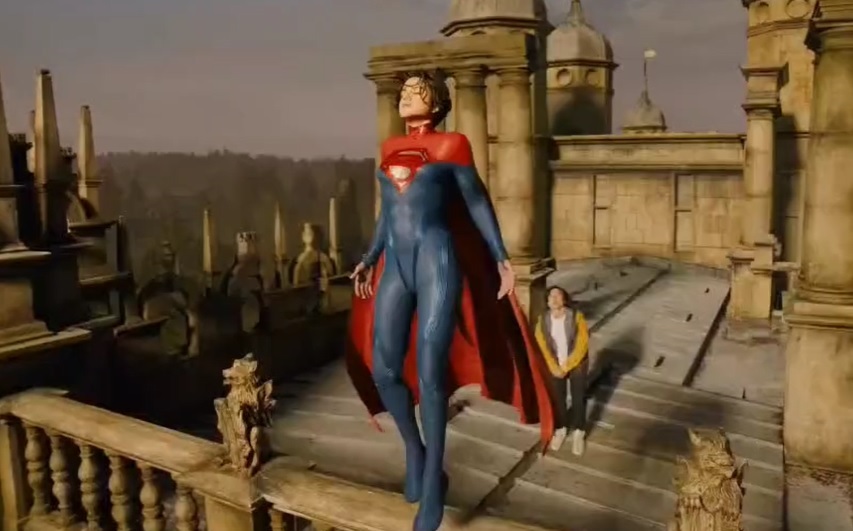
Using his powers to go back in time and save his mother, Barry unwittingly creates a world without heroes. Oh, General Zod (Michael Shannon) has returned, ready to wreak planetary havoc. The Flash enlists a Bruce Wayne, retired as Batman, another incarnation of himself, and an imprisoned stranger to help right the world.
Inspired by DC Comics’ 2011 “Flashpoint,” co-screenwriters Christina Hodson and Joby Harold have crafted a different type of Supergirl, aka Kara Zor-El, Superman’s cousin. Sasha Calle is impressive as the endangered Kryptonian.
Hodson, who was behind “Birds of Prey,” has cleverly twisted some of the old-fashioned tropes.
Director Andy Muschietti, who directed “It” and its sequel, has delivered an entertaining story, giving fans reason to cheer throughout the 2-hour, 24-minute film, but it does eventually run out of steam in those climactic bombastic battles.
However, the finale’s big reveal is a good one, and there is the proverbial end-credits scene to stay for, although not as thrilling as some of Marvel’s best.
But any film with the extraordinary Michael Keaton as Batman, scene-stealer that he is, is worth the admission price.
This is a spoiler-free review, but some of those superheroes who show up briefly in the galaxy made my heart happy.
“The Flash” may be imperfect, but it’s far from the dud other franchises have unsuccessfully mounted in the past two years (u,e, “Black Adam,” “Shazam: Fury of the Gods”).
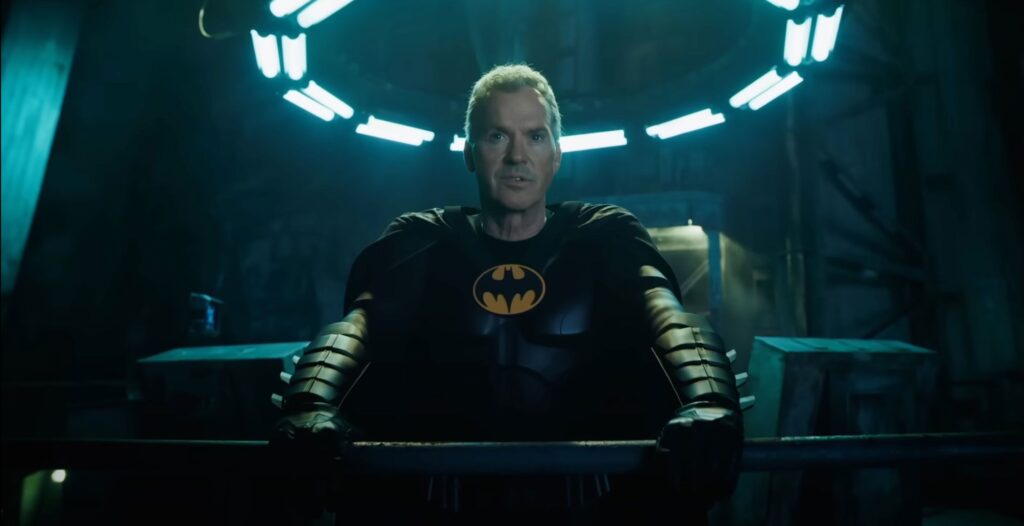
“The Flash” is a 2023 action-adventure-fantasy film directed by Andy Muschietti and starring Ezra Miller, Michael Keaton, Ron Livingston, Sasha Calle, Ben Affleck, Maribel Verdu and Michael Shannon. Rated: PG-13 for sequences of violence and action, some strong language and partial nudity, it runs 2 hours and 24 minutes. It opens in theaters on June 16. Lynn’s Grade: B

Lynn (Zipfel) Venhaus has had a continuous byline in St. Louis metro region publications since 1978. She writes features and news for Belleville News-Democrat and contributes to St. Louis magazine and other publications.
She is a Rotten Tomatoes-approved film critic, currently reviews films for Webster-Kirkwood Times and KTRS Radio, covers entertainment for PopLifeSTL.com and co-hosts podcast PopLifeSTL.com…Presents.
She is a member of Critics Choice Association, where she serves on the women’s and marketing committees; Alliance of Women Film Journalists; and on the board of the St. Louis Film Critics Association. She is a founding and board member of the St. Louis Theater Circle.
She is retired from teaching journalism/media as an adjunct college instructor.

